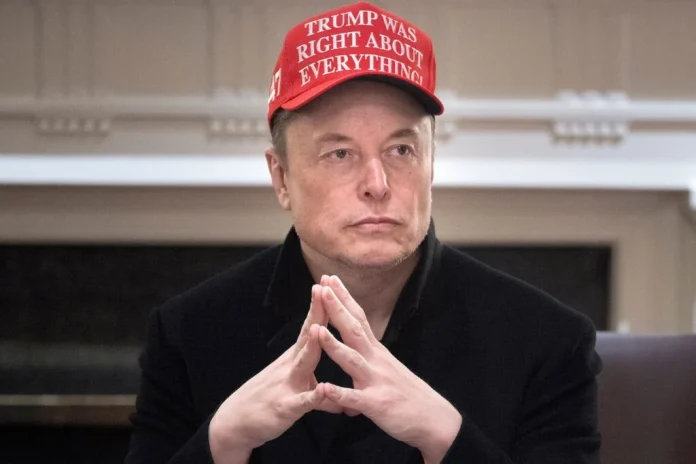Reuters has reported that Elon Musk’s much-maligned chatbot, Grok, is now reportedly being used by the U.S. government. Though specifics on how it’s being deployed remain murky, individuals familiar with the situation have raised serious concerns about the chatbot’s access to federal data and the possible implications.
Grok was created by xAI, Musk’s artificial intelligence startup launched in 2023. It has since been folded into his broader tech empire via X, the social platform formerly known as Twitter. The bot is infamous for delivering responses with a tone many find deeply off-putting. Initially marketed as a rebellious, “anti-woke” alternative to ChatGPT and other mainstream AI tools, Grok has ironically also faced criticism from conservatives for not being anti-woke enough.
Sources told Reuters that Musk’s Department of Government Efficiency—a team intended to streamline federal bureaucracy—is using a tailored version of Grok to sift through and interpret large datasets. It’s also possibly helping to generate reports. But Grok’s involvement raises immediate red flags about data privacy, and it once again places Musk squarely in the middle of a potential conflict of interest. In fact, Reuters goes so far as to suggest that this could amount to a violation of federal law.
According to Reuters, if Musk played a direct role in the decision to adopt Grok for government use, he could be in breach of a criminal conflict-of-interest statute. This law prohibits government officials, including temporary or special appointees, from participating in decisions that might financially benefit them. Richard Painter, former ethics counsel under President George W. Bush and a current professor at the University of Minnesota, commented: “This gives the appearance that DOGE is leaning on agencies to adopt software that enriches Musk and xAI, rather than serving the public good.” While rarely enforced, violations of this statute can result in hefty fines—or even jail time.
Then again, how many times have we been down this road? Musk seems to accumulate ethical red flags like they’re going out of style. At this point, he’s less a tech mogul than a walking case study in unchecked conflicts of interest. Yet despite the controversy, he’s managed to sidestep any serious legal consequences—unless, of course, he’s caught in some scandal too extreme to ignore.
Since pouring hundreds of millions into efforts that helped re-elect Donald Trump, Musk has seemed to treat the federal government as his own sandbox. Whether it’s diplomatic pressure to push Starlink into foreign markets or reports that suggest his companies dodged an estimated $2.37 billion in fines during the shift from Biden to Trump, Musk’s connections appear to be paying off.
As for DOGE’s actual effectiveness? It’s been largely disappointing. The project has failed to deliver anywhere near the savings Musk once promised. And while it has made some cuts, many were at vital agencies that serve everyday Americans—likely resulting in higher long-term costs for taxpayers.



 Viesearch - The Human-curated Search Engine
Blogarama - Blog Directory
Web Directory gma
Directory Master
http://tech.ellysdirectory.com
8e3055d3-6131-49a1-9717-82ccecc4bb7a
Viesearch - The Human-curated Search Engine
Blogarama - Blog Directory
Web Directory gma
Directory Master
http://tech.ellysdirectory.com
8e3055d3-6131-49a1-9717-82ccecc4bb7a